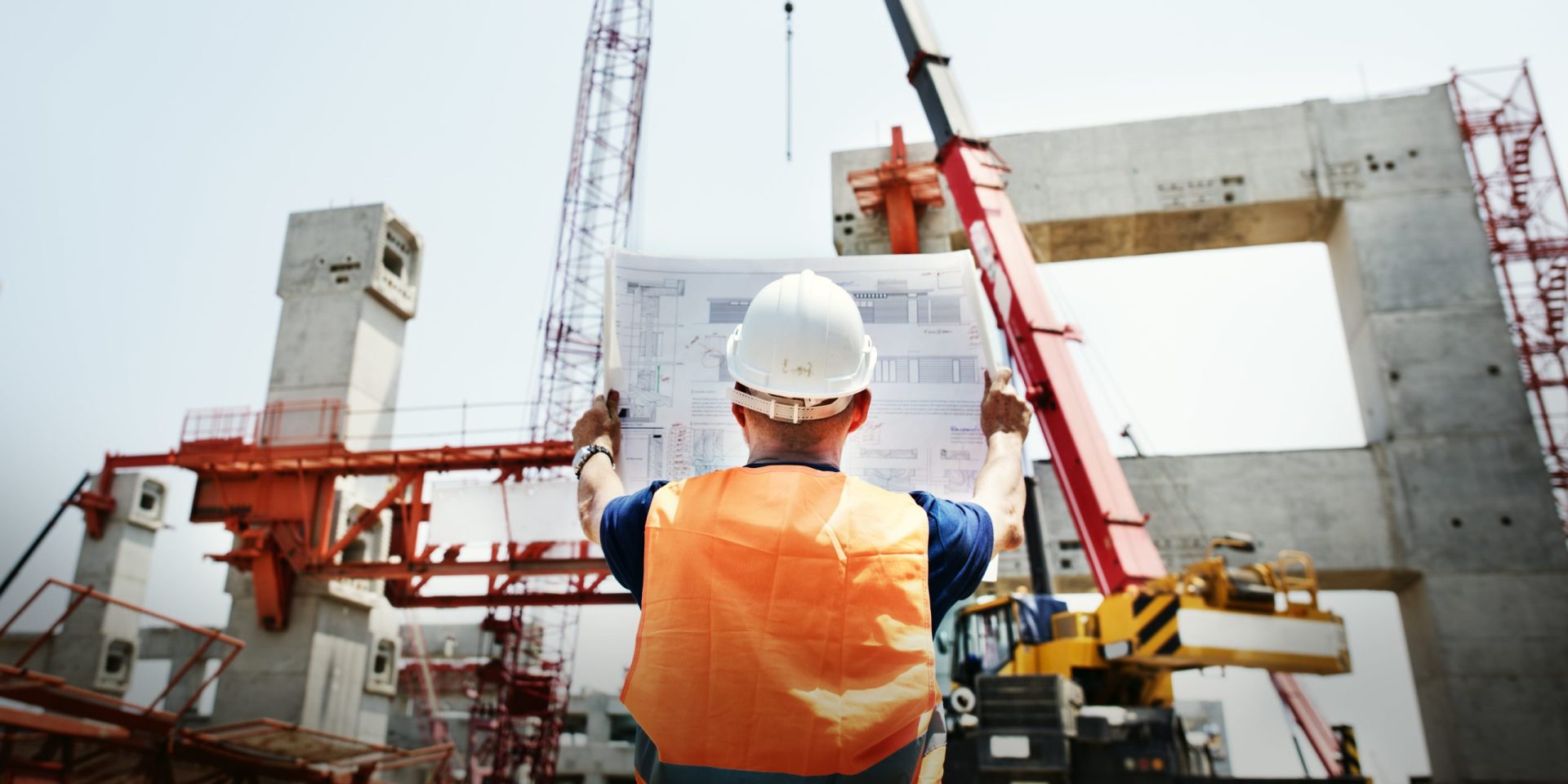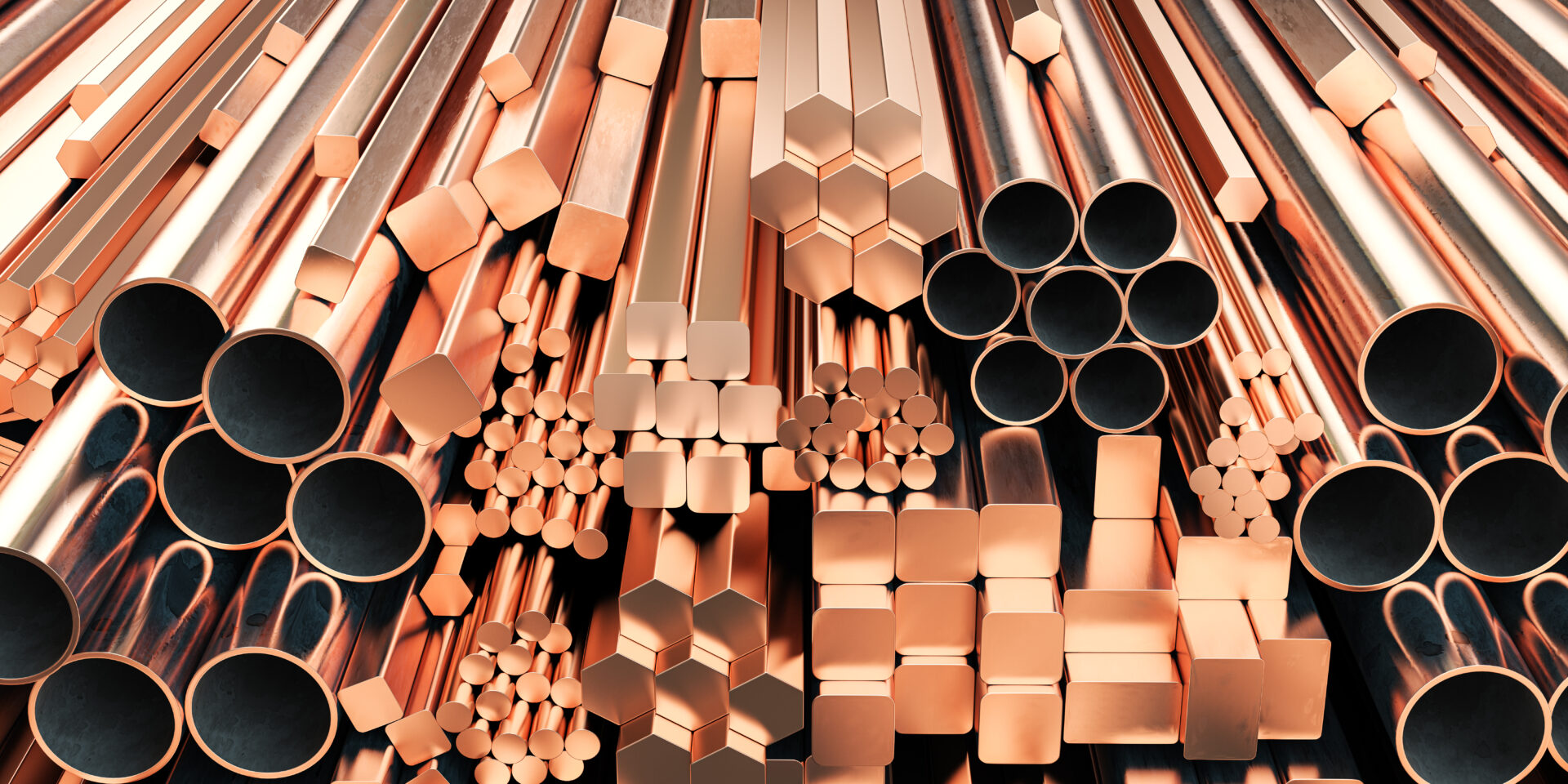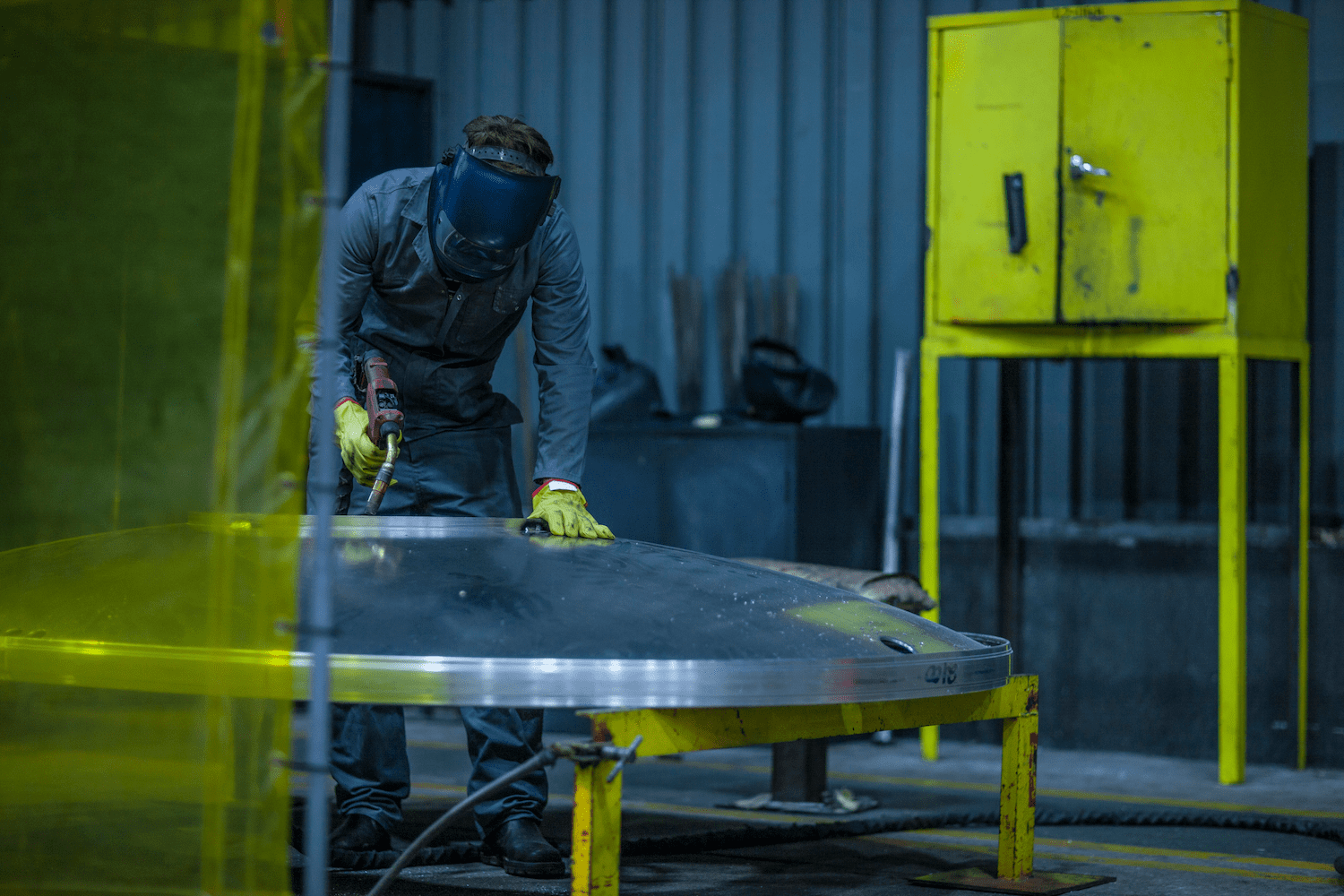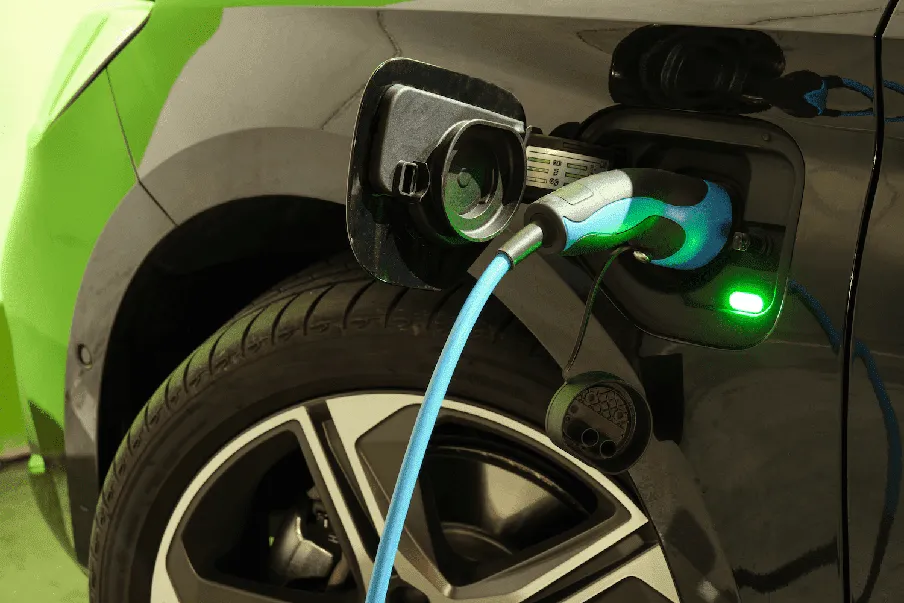
With a booming economy based in part on tourism, Central Florida has exactly what visitors are looking for, including major theme park, popular golf resorts, and a diverse number of hotels and restaurants offering plenty of options for your extended stays here.
But did you know that despite that, the Orlando area is still in the midst of a stunning construction boom – with a lot more hotels on the way?
More than 2,000 new hotel rooms are now under construction and expected to open in 2018, according to HREC Investment Advisors, a real estate service firm that follows the hotel industry. Many of the new hotels will be luxury properties that will include high-end restaurants and other special amenities.
But it isn’t just the hotel industry experiencing a surge of new construction. As the Florida economy continues to soar, with an unemployment rate of just 3.8 percent, the Sunshine State is undergoing a solid boom cycle, with major construction projects being launched in new commercial buildings, multi-family housing, mixed use facilities, government office buildings and public arenas.
This construction boom looks likely to continue unabated for years, as the state’s economy shows no signs of slowing down. And it’s worth noting that with each project, there’s likely to be a lot of scrap metal that gets generated.
With major construction sites going on across the state, there’s a guarantee that scrap will end up on each location.
Let’s face it, even if you consider yourself a construction pro, chances are you’ll find it difficult to get rid of all the debris left over once the job has been completed. Projects built around construction, remodeling and demolition all leave a certain amount of leftover debris.
The solution to removing that scrap from the construction site is to arrange to get it to an experienced and eco-friendly scrap metal recycling firm like GLE Scrap Metal, so you don’t have to worry about the pick up or disposal of your scrap metals after the projects have been completed.
What Are the Benefits of Recycling Scrap Metal?
Arranging to recycle the scrap metal from your construction or demolition site will be enormously beneficial to our environment and our economy. Companies that recycle construction waste, and scrap metal in particular, can make money by doing that.
They can also make a major contribution to a healthy environment and can help our country conserve natural resources.
If you don’t recycle your scrap and arrange to have it hauled off to a landfill instead, there are serious environmental consequences. Scrap metal contains toxins like mercury and lead, and bunched together in a landfill, those chemicals threaten to leach out into the soil and water, poisoning both. That can pose health threats to people living nearby, and to wildlife.
Recycling, on the other hand, solves this problem, because scrap metal can be recycled repeatedly for new uses, holding down the cost of manufacturing new products. Recycling is a great way for your company to reduce your environmental footprint.
The costs associated with creating new metals far exceeds the cost of recycling. If there’s a need for more metal at those Florida construction sites, recycling and reusing means we don’t need to go mining for virgin ore to make new metals. Metal mining isn’t a renewable resource, and there’s a limited supply of it.
The responsible management of scrap metal is an important part of sustainable building, since managing waste means eliminating it whenever possible, and successfully reusing materials that would otherwise become waste.
Recycling metal, on the other hand, allows us to keep demand for new metals low, which also helps lower the cost of metal. Recycling a ton of steel, for example, helps conserves up to 2,500 pounds of iron ore, 1,400 pound of coal, and 120 pounds of limestone.
And since recycling companies pay for scrap metal, you’ll get an immediate payoff from the collection of scrap metal on your construction or demolition site.
And as Florida’s building boom demonstrates, there’s a high demand for metals for construction projects, which is why we need to be recycling as much of it as we can.
Today, construction and demolition materials left over from construction, renovation or demolition work makes up 70 to 95 percent of the discarded material at a residential or commercial construction site.
All too often, this scrap gets discarded, which is why it’s important to get out the message to construction managers about the valuable commodities they have, which can be sold and then recycled into new products.
And they need to understand that disposing of C&D materials doesn’t have to be viewed as a part of the cost of doing business. Far too often, recycling and reusing that scrap gets overlooked as a management option.
And to understand how much scrap is being generated, consider how much growth the state of Florida is experiencing.
Why Are There So Many New Construction Projects in Florida?
The city of Orlando is a good microcosm for the rest of the state. Known for being the home to Walt Disney World and other theme parks, Orlando has grown by nearly 13 percent since 2010, with a population today of 263,306 compared to 233,707 during the last census count.
As a result, Orlando has been riding a construction boom for the past four years, particularly in the downtown area, where more than 900 units have been completed or are under construction, in projects that are mostly residential.
There’s also a healthy amount of commercial construction going on as well, including new hotels and office buildings. A good example is the 270-unit Crescent Central Station, a mixed-use development across from the Orange County courthouse, which has two-story units facing a courtyard pool and a rooftop amenity deck; and The Brownstones at Thornton Park, made up of 28 new town homes.
Both projects indicate renewed interest in living in downtown Orlando, where a vibrant economy is still going strong and creating jobs.
But it isn’t just Florida’s major cities that are doing well. A growing number of people are also moving to the suburbs, searching for more space for their growing families.
Ponte Vedra, a town just 30 minutes from Florida’s largest city of Jacksonville, already has attractions that include the lazy river and slide tower at the Nocatee Splash Waterpark, plenty of tennis and golf courses, and a 10-minute drive to the ocean.
That’s proven to be a magnet for many families. In recent years, Ponte Vedra has been booming with sprawling new single-family home communities.
And just outside the city of Orlando in Southwest Orange County, there’s plenty of new residential construction going on as well, in communities like the Horizons West development. These adjacent areas have hundreds of homes under construction now in an area that spans from Winter Garden to Walt Disney World.
Homes, new businesses, hospitality centers, mixed use facilities and recreational spots are all under construction now, as the Florida economy keeps getting stronger, and the lure of finding jobs encourages more and more people to move to the state.
That’s a lot of construction work.
And it’s likely to leave behind a pretty sizable amount of scrap.
Conclusion
There’s a lot of opportunities to recycle scrap material that would otherwise be sent for disposal as waste. There are a lot of benefits to recycling that construction industry professionals and building owners should know about; recycling is a great for promoting environmentally and socially responsible ways of reducing the total amount of scrap waste they need to dispose of.
The booming economy in states like Florida means there will be ongoing private and government construction projects creating everything from new residential units to new office buildings to expansions of entertainment areas.
That’s going to increase the need for more metal, which is why there’s a need for more consumers and businesses to bring their used scrap to an experienced firm like GLE Scrap Metal, which performs environmentally-friendly processing and recycling of all base and precious metals.
This family-owned and operated business will purchase, process, and re-integrate all recyclable base metals, which are supplied to domestic mills and global end-users to be transformed into new products.
GLE Scrap Metal also maintains a zero-landfill policy for metals that are brought in for recycling, to utilize natural resources and help conserve energy.
To learn more, call GLE Scrap Metal at 855-SCRAP-88 and request a quote.



